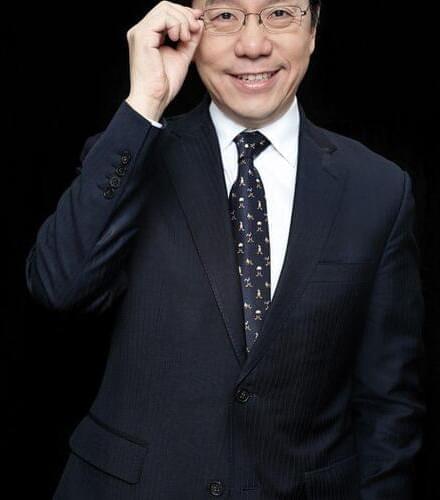There’s a movement afoot to counter the dystopian and apocalyptic narratives of artificial intelligence. Some people in the field are concerned that the frequent talk of AI as an existential risk to humanity is poisoning the public against the technology and are deliberately setting out more hopeful narratives. One such effort is a book that came out last fall called AI 2041: Ten Visions for Our Future.
The book is cowritten by Kai-Fu Lee, an AI expert who leads the venture capital firm Sinovation Ventures, and Chen Qiufan, a science fiction author known for his novel Waste Tide. It has an interesting format. Each chapter starts with a science fiction story depicting some aspect of AI in society in the year 2041 (such as deepfakes, self-driving cars, and AI-enhanced education), which is followed by an analysis section by Lee that talks about the technology in question and the trends today that may lead to that envisioned future. It’s not a utopian vision, but the stories generally show humanity grappling productively with the issues raised by ever-advancing AI.
IEEE Spectrum spoke to Lee about the book, focusing on the last few chapters, which take on the big issues of job displacement, the need for new economic models, and the search for meaning and happiness in an age of abundance. Lee argues that technologists need to give serious thought to such societal impacts, instead of thinking only about the technology.










Comments are closed.